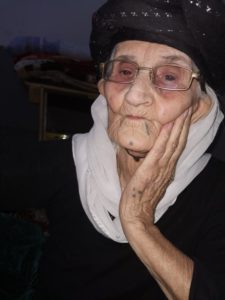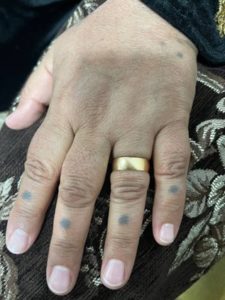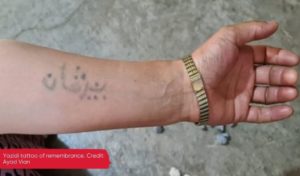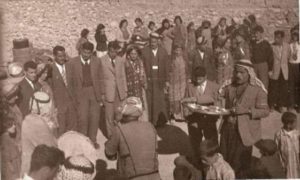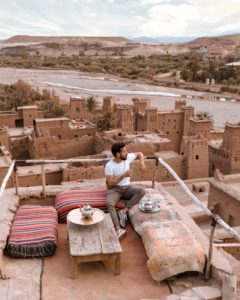Irvin Ibrahim Solman speaks to Raad Eido Rehan, an Iraqi Yazidi, who shares painful memories about his tattoos.
Men and women from religious minorities have from ancient times inked their bodies to proclaim their identity. The practice of religious tattooing dates back centuries. It is a mark of defiance, pride and solidarity in the face of adversity. This case study is part of a series on heritage tattoos from Egypt and Iraq.
Raad Eido Rehan remembers having his first tattoo, which holds the deepest significance for him – a heart with his accompanying name – drawn as an act of tribute to his uncle on the day he was murdered by militants;
“Every time I look in the mirror, or I shower, I look at the tattoo and I remember my uncle whom they brought to us [dead]”.
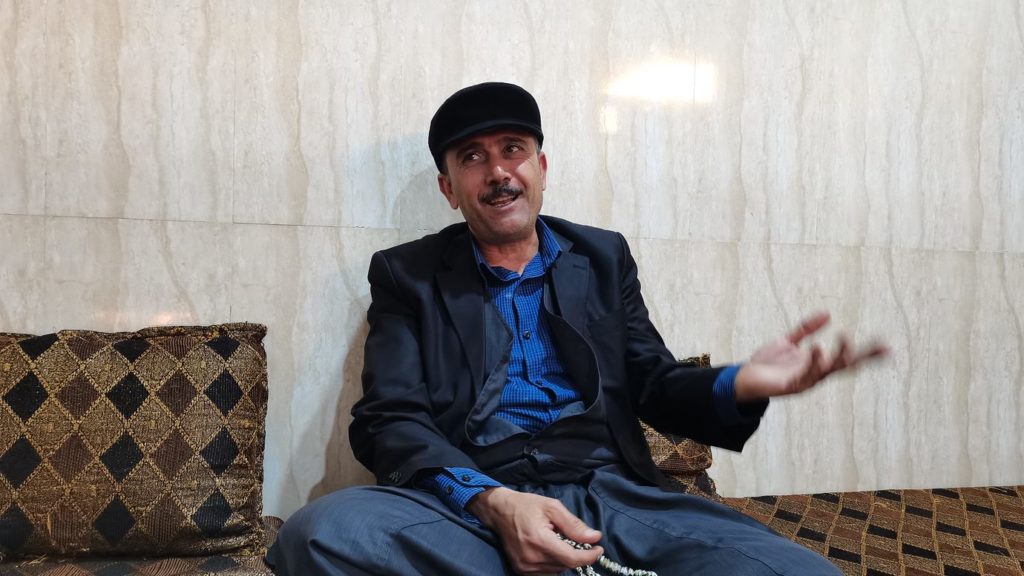
Another tattoo he remembers drawing from the time when he was a soldier, requesting leave from the prison where he was stationed to attend his own engagement ceremony.
The army refused, so he had the words “closest to my heart is my mum” as a sentiment of affection, and sorrow for the celebration missed.
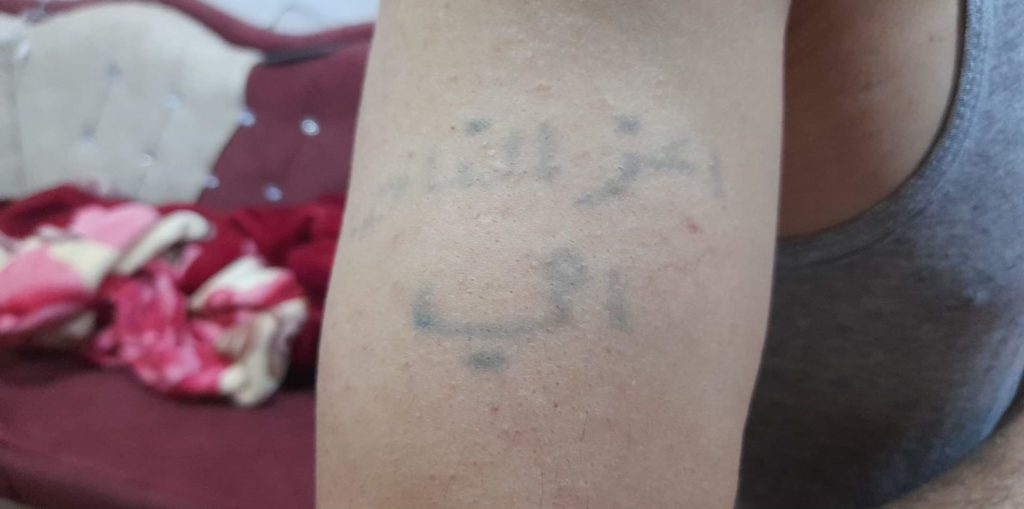
Raad was interviewed and photographed by Irvin Ibrahim Solman as part of the CREID project to develop the capacity of youth to document their oral heritage under threat.

